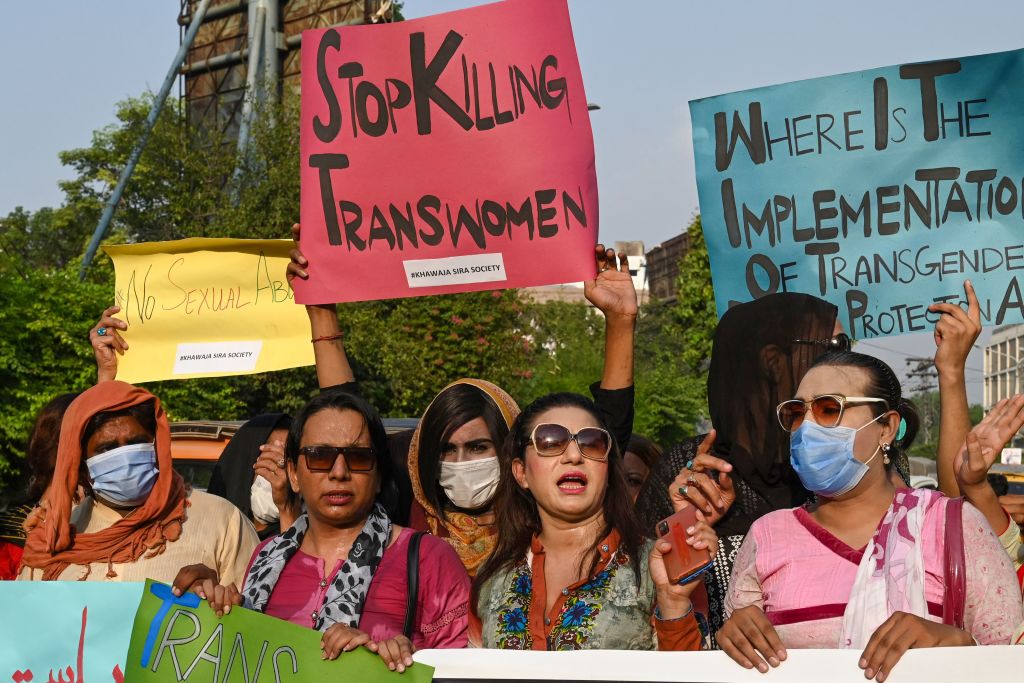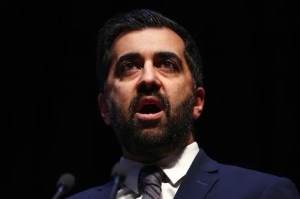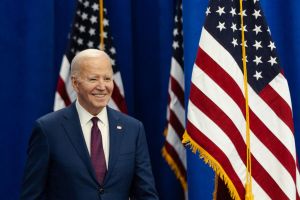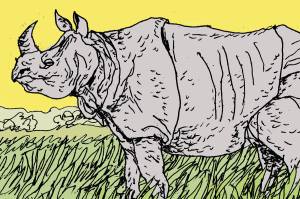As the transgender war plays out online in the West, a far bloodier turn of events is unfolding in Pakistan. This month, transgender activist Gul Panra was shot dead in Khyber Pakhtunkhwa’s capital Peshawar. Another transgender woman, named Tariq alias Chahat, who had joined Panra to perform at a wedding, was also wounded in the attack. Panra’s death adds to the grim toll of at least 69 transgender persons who have been killed in this province alone in the past five years. Yet many of those fighting the gender wars online are too busy calling out ‘Terfs’ to speak out on behalf of those dying thousands of miles away.
Despite the lack of support from abroad, Pakistan’s transgender community has nonetheless managed to achieve hard-fought successes. The landmark Transgender Persons (Protection of Rights) Act granted the community basic human rights in 2018; while the national census counted transgender people for the first time in 2017.
In some ways then, Pakistan has been ahead of the curve on gender rights: in 2012, Pakistan’s National Database and Registration Authority (NADRA) first issued identity cards allowing the transgender community to identify as a third gender, encompassing transgender male, transgender female and intersex identities.
Even so, despite these milestones, transgender people in Pakistan continue to be brazenly marginalized. For some transgender activists, this includes being sidelined from progressive movements locally, and being downright abandoned by the global trans movement.
***
Get a digital subscription to The Spectator.
Try a month free, then just $3.99 a month
***
In a parallel world to Gul Panra’s, where words are violence, and where tweets muster more outrage than physical violence, transgender activists here question whether those burning J.K. Rowling’s books would spare some angst for transgender people being murdered. Amnesty International UK, Liberty and Human Rights Watch released a furious statement last week condemning the UK government’s response to the Gender Recognition Act consultation. But shouldn’t they instead focus their efforts on those dying for their identities?
Indeed for Pakistan’s Hijra, or third gender community, the relentless focus by the Western trans movement on transgender identity theories is perceived as a hindrance rather than a help.
But if such ideas are being imported into Pakistan, so too is the way in which the trans rights debate is playing out online. Activists here joined those elsewhere in directing their fury towards J.K. Rowling. Pakistani Facebook groups (or the English-speaking ones, at least) are filled with people outdoing each other in expressing their disdain for Rowling. But many of these people were quieter in speaking out for Gul Panra or the growing number of transgender victims of violence. As the gender war plays out online, who will speak up for the transgender people dying in Pakistan’s streets?
This article was originally published on The Spectator’s UK website.


















